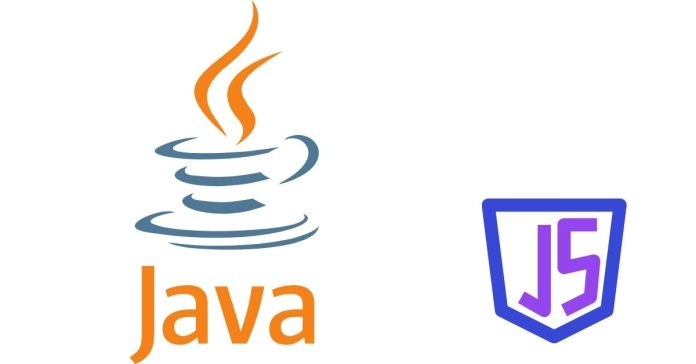A closure in Java refers to a feature that allows a function or method to access variables from its surrounding scope, even after the outer method or function has finished executing. Closures are often used in the context of anonymous inner classes, lambda expressions, and functional interfaces in Java.
Key Features of Closures in Java:
- Access to Final or Effectively Final Variables: A closure can access local variables from its enclosing method, but the variable must be either
finalor effectively final. “Effectively final” means the variable’s value doesn’t change after its initial assignment, even if it is not explicitly marked asfinal. - Lambda Expressions and Closures: In Java 8 and later, closures are commonly implemented using lambda expressions. A lambda expression allows you to define a method inline, and it can close over local variables, meaning it can use variables from the enclosing scope.
Example with Lambda Expressions:
import java.util.function.Consumer;
public class ClosureExample {
public static void main(String[] args) {
int multiplier = 5;
// Lambda expression that uses a local variable from the enclosing method
Consumer<Integer> multiplyBy = (x) -> System.out.println(x * multiplier);
// Calling the lambda expression with a value
multiplyBy.accept(10); // Output: 50
}
}
In the example above:
- The lambda expression
(x) -> System.out.println(x * multiplier)forms a closure. - It can access the variable
multiplierfrom the surrounding methodmain(), even after the method has finished executing.
Using Anonymous Inner Classes (Java before Lambdas):
Before Java 8, closures were commonly used with anonymous inner classes. Here’s an example of closure behavior with an anonymous inner class:
public class ClosureExample {
public static void main(String[] args) {
int multiplier = 5;
// Anonymous inner class that uses the local variable multiplier
Runnable task = new Runnable() {
public void run() {
System.out.println(10 * multiplier);
}
};
task.run(); // Output: 50
}
}
In this case, the anonymous inner class is able to access the local variable multiplier from the main() method.
Important Notes:
- In Java, closures are closely tied to the concept of capturing variables. When a closure is created, the captured variables become part of the lambda expression or anonymous class, and their values are retained even if the variables go out of scope.
- The captured variables must be final or effectively final because Java requires them to be immutable when accessed from within a lambda or an anonymous inner class.
Closures provide a powerful way to create more flexible and reusable code by encapsulating logic with access to the surrounding context.


